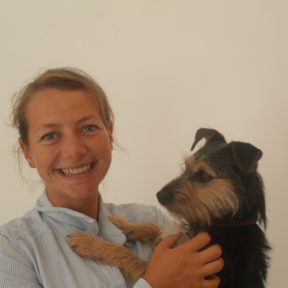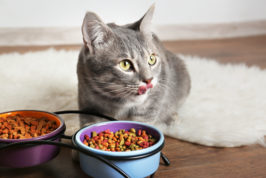There is a lot of talk at the moment about an increasingly seen health issue in cats, called Pancytopenia. This is being investigated from a medical stand point, and we want to help cat owners understand what it is and what it means for them and their pet.

What is Pancytopenia in cats?
‘Pancytopenia’ means ‘low blood cells’. But unlike ‘anaemia’, which is low red blood cells, and ‘panleukopenia’, which is low white blood cells, ‘pancytopenia’ means all the blood cells are affected!
In May 2021, the Royal Veterinary College (RVC) announced 10 cases of pancytopenia in four weeks – normally they’d see one a year. They asked other vets to speak up if they’d had cases too, and in six weeks nearly 500 cases have been identified across the UK. At the moment, around two thirds of these cases have been fatal.
What are the symptoms?
Most of the early symptoms of pancytopenia are vague – cats may be lethargic or off their food. Other symptoms include:
- Bleeding and bruising
- Bloody vomit
- Bloody stools
- Black and tarry stools

Why are cats getting pancytopenia?
We don’t yet know why cats are getting pancytopenia, but investigations are ongoing. One possible link between the cases is the food they’re fed – so a voluntary recall has been announced for foods made by Fold Hill Foods. Fold Hill makes pet food for Sainsbury’s, AVA, and Applaws. The exact foods in the recall are listed here.
My cat eats a food linked to pancytopenia, what should I do?
Immediately stop feeding the diet. Contact your veterinarian to discuss testing, even if you haven’t seen symptoms. You can contact the brand using the information on the packet to discuss a refund.
Should I worry about any other cat foods?
At the moment, there is no need to worry about other cat foods. It appears the problem, if there is one, is with one factory, and therefore shouldn’t affect other brands or types of food. However, it’s sensible to stay alert for the signs of pancytopenia and talk to your vet if you’re concerned




